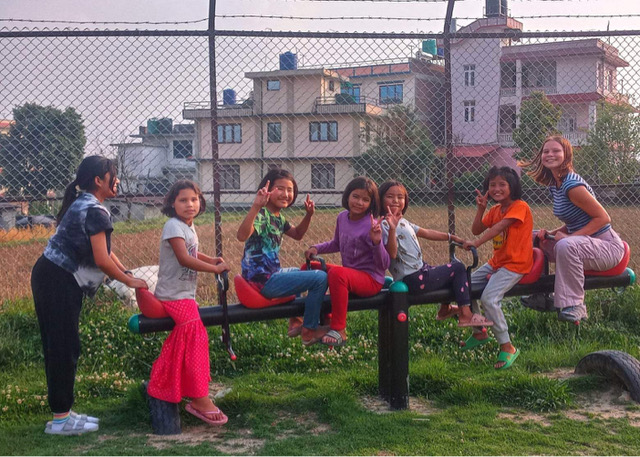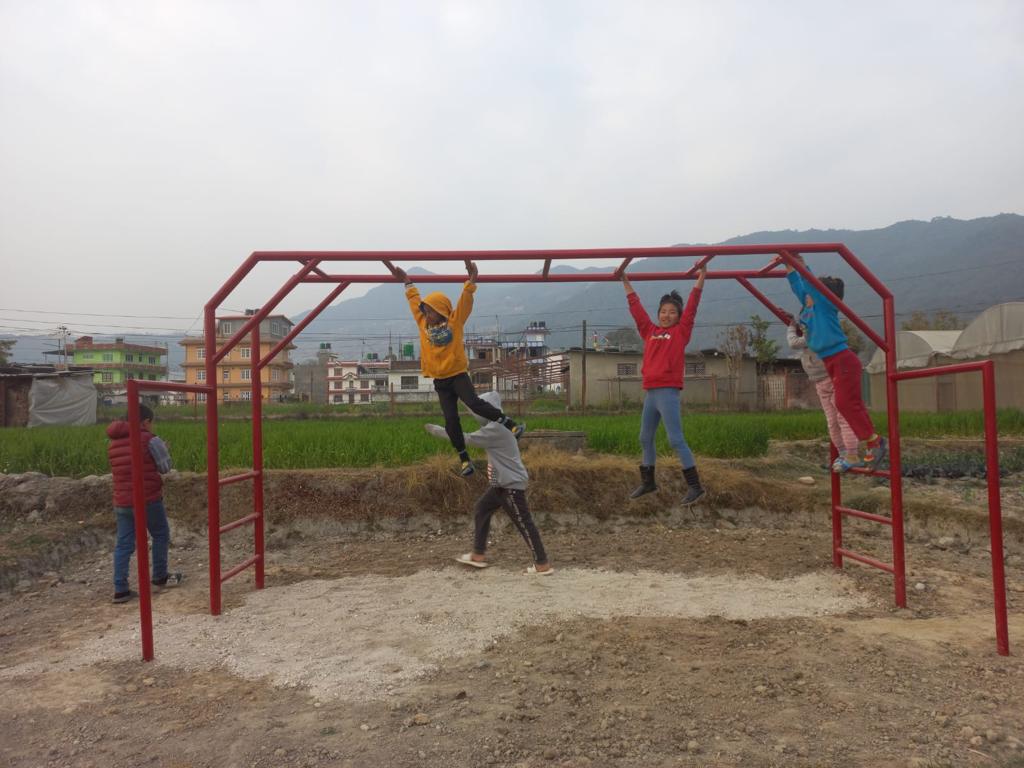When Yungdung Tsomo first entered Kailash Home, years ago, she met her new big “sister,” an older student assigned to help her deal with the upheaval of leaving behind her family and village for the promise of education. Despite her fears and homesickness, she remembers this time as “always fun…, and I always looked up to [the older children] when I was small.” The older kids played games with them, welcoming them into a new family based at Kailash. Yungdung Tsomo recalls, “We used to be taught how to dance in the corridors of our old Kailash building. I have memories of playing make–up and playing Barbie dolls on the stairs.” And when homesickness got the better of her, she “always….not always, only sometimes, I used to sneak into [my big sister’s] room and sleep with her.”

Yungdung Tsomo’s big sister eased her transition to her new life and gave her a trove of happy childhood memories. Now, years later, Yundung Tsomo returns the favor, currently mentoring her second incoming student. “Yonten Phuntsok … is of age to take care of himself,” she explains. “So, now I only take care of Kalsang Dolma,” who joined Kailash just a few weeks ago.
Kailash’s successful mentoring program corresponds with the conclusions of recent studies on cross-age peer mentoring. While adults, such as teachers and coaches, can certainly inspire children, the studies conclude that peer mentors are more effective at helping with life transitions, such as entering a new school, and promoting positive relationships with adults. At Kailash, the staff emphasizes and encourages these peer relationships by pairing children from the same village or who speak the same dialect whenever possible.

As mentors, the older children agree to provide support, emotional help, and even parental guidance to the new children. One mentor, Dickyi Sangmo Rokaya, explains, “I try my best to hear [my mentee’s] thoughts and problems and try to make her feel happy in [the] Kailash Home environment.” Sometimes this help extends to easing the younger child’s transition to a new school, or even any schooling at all.
The mentors commit to support the little ones for six months, though our experience has shown that those first bonds last for the duration of their time at Kailash. Dickyi Sangmo remembers when she was a mentee, “we felt secured and happy at the same time to have someone [with] whom we [could] share our thoughts and feelings.”
Yungdung Tsomo, too, has grown up to mentor incoming children to Kailash. Just a few weeks ago, she met her newest charge, the seven-year-old Kalsang Dolma Gurung from a tiny village on the border with Tibet. “It sometimes is a little tough,” Yungdung Tsomo admits, “as we have to give a bit of time, but … I find that this relationship teach[es] me as well as teach[es] Kalsang Dolma Gurung as a family, that we’ll always have to look up to each other for love, trust, and support.”
Those studies on cross-peer mentoring confirm what Yungdung Tsomo already knows: these relationships benefit both participants. Life at Kailash Home works because of the bonds created and strengthened by the children and the wider community that supports them.




